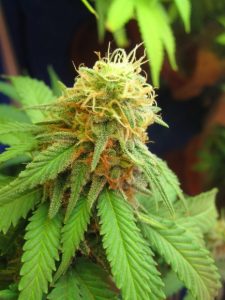Legal Liability for Commercial Marijuana Landlords
A Forbes finance and technology reporter recently explored the ways in which the legalization of marijuana across the country has created a scramble for those in the real estate industry. Snapping up commercial warehouses and other properties that will be desirable for marijuana cultivation, processing and distribution is a focus of many investors at this juncture.

The Wall Street Journal reported that growers are most interested in warehouses bigger than 80,000 feet. Some indoor marijuana farmers want warehouses that are between 8,000 feet and 20,000 feet. These spaces can be primarily used for processing, packaging and storing.
We’re already seeing how this can be profitable for those in commercial real estate. Take Colorado, for example, where CBRE (Commercial Real Estate Services) reports that lease rates for industrial properties in northern Colorado (near Denver) are up to $8.40 per square foot in the first six months of 2016. compare that to the national average for industrial rent, which is at $6.30 per square foot. The marijuana industry has increased the cost of warehouse space for 60 percent, and renewal rates have spiked by 25 percent. Continue reading
 Cannabis Law Group's Medical Marijuana Legal Blog
Cannabis Law Group's Medical Marijuana Legal Blog













